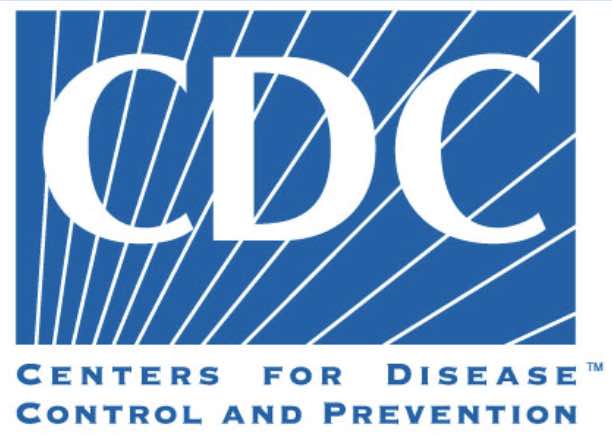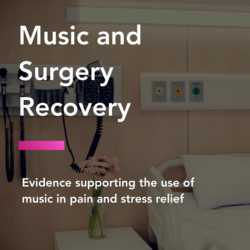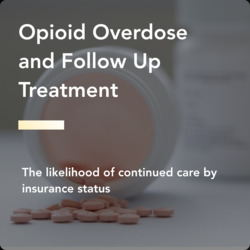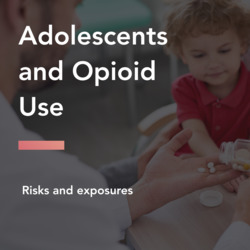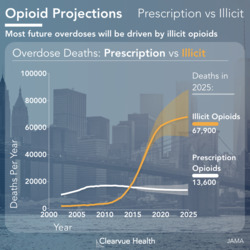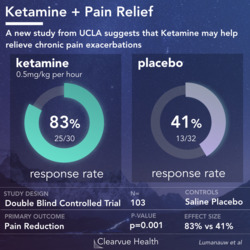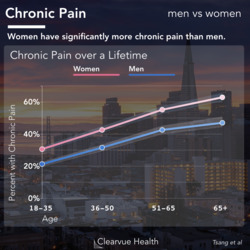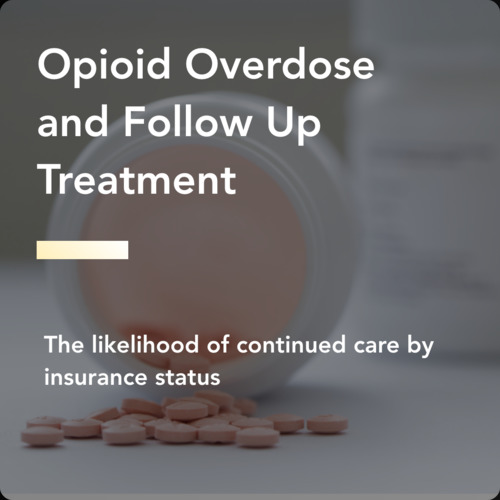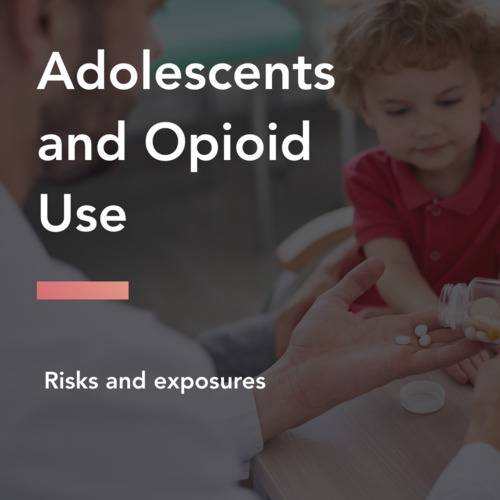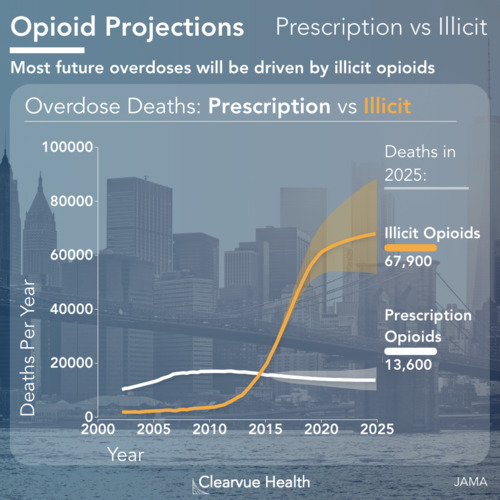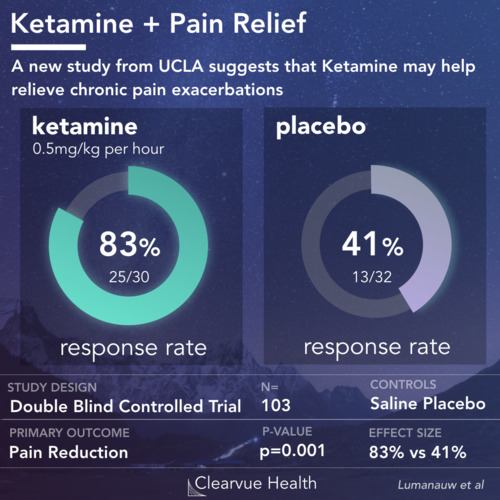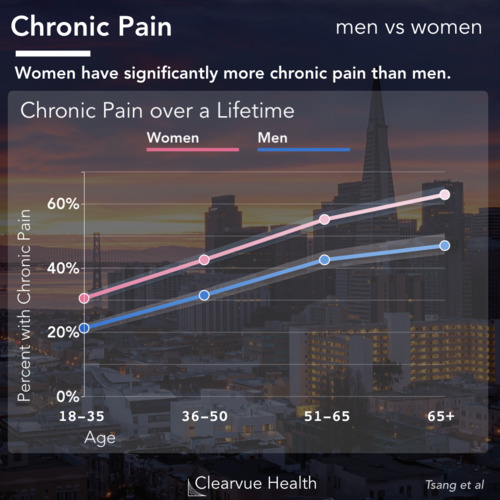Opioids vs Ibuprofen for Surgical Recovery

Figure 1: Opioids vs Ibuprofen for Surgical Recovery. Patients who volunteered to take ibuprofen and acetaminophen instead of opioids after surgery were more likely to report that their pain was manageable. (88% vs 98%) Researchers studied 190 patients who underwent one of 6 less invasive surgical procedures.
While imperfect, opioids have been a great tool for many people who need serious pain relief. However, some experts are concerned that we are prescribing too many opioids to too many people who may not need them and may not have wanted them.
Doctors routinely prescribed patients with opioids after surgery whether they ask for them or not.
New research is calling into question this standard of care.
Pain tolerance varies immensely from person to person. It is not a measure of strength or willpower, rather it is just another way that we differ from each other similar to height or shoe size.
A new study shows that for some but not all patients, ibuprofen and acetaminophen can be just as effective as opioids when it comes to pain relief.
Patients who volunteered and agreed to take mostly ibuprofen and acetaminophen after surgery had less pain than patients who needed opioids during surgical recovery.
This shows that for some, opioids may not be necessary. For others, opioids are a necessity and should be given if asked for.
Patients were offered an alternative surgical recovery method that used fewer or no opioids. Those who agreed to participate were given ibuprofen and acetaminophen. Opioids were made available to those who needed them for uncontrolled pain. Data on patient experiences were collected over the phone after they went home.
How Many Opioid Pills Do You Need for Surgical Recovery?

Figure 2: How Many Opioid Pills Do You Need for Surgical Recovery? 52% of patients who volunteered to take ibuprofen and acetaminophen did not require any opioids for breakthrough episodes of pain. 34% needed 1-5 pills. 12% needed 6-10 pills and 2% required more than 10 pills.
This study was comprised of volunteers who had relatively less invasive surgeries. They were offered this treatment as an alternative to regular opioid pain management.
They still had access to opioids it when they needed it, since the goal for all of these treatments is to manage pain. However, they were given a choice as to when and how many pills they wanted to take.
The majority of patients who were offered an opioid optional treatment took no opioids at all. 86% took fewer than 5 pills.
Quality of Life and Satisfaction

Figure 3: How Many Opioid Pills Do You Need For Surgical Recovery?. Those who did not take opioids after surgery had approximately the same satisfaction and quality of life as those who did. Both groups reported an average of 10/10 satisfaction and a 4/5 quality of life score.
Patients who did not take opioids reported just as much satisfaction and quality of life as patients who took opioids.
This means that for those of us who are able to recover from surgery without opioids, we may be able to do so with minimal impact on our well-being.
Data on Surgery Type

Figure 4: Opioids Needed by Surgery Type. Opioid free recovery tends to work better for less invasive procedures such as Thyroid Surgery. 71% of volunteers who underwent thyroid surgery did not need opioids. Meanwhile, only 42% of volunteers with hernia surgeries were able to go without opioids.
Patients who had thyroid surgery and sinus surgery were the most likely to successfully recovered from surgery without needing opioids.
While not a perfect study for comparisons of surgeries, data on how patients and different procedures performed does provide insights on which types of procedures may be relatively less painful and better candidates for opioid free recovery.
Keys to health
This research shows that for some people with high pain tolerance, opioids may not be a necessity even after a surgical procedure.
None of this suggests that opioids should be restricted from patients recovering from surgery. In fact, as shown by the data above, many patients who volunteered to take fewer opioids still needed to take as many as 10 pills for breakthrough pain. Any surgery is going to be invasive and is going to cause significant pain during recovery.
Instead, this research suggests that opioids and pain management should be a choice based on a person's own pain tolerance and preferences.
+
Data Collection - This study measured pain tolerance through survey data during recovery and the number of opioid pills needed. This is an entirely reasonable method of measuring pain.
+
Strength of Findings - This study provides reasonable evidence that some patients are able to recover from surgery without opioids.
-
Patient Selection - No special criteria were given to patient selection other than current opioid use and procedure.
-
Patient Assignment - This research split patients into "opioid users" and "non-opioid users" based on whether patients elected to use opioids. This does not allow for a proper comparison between groups.
Centers for Disease Control
Patients with pain should receive treatment that provides the greatest benefit. Opioids are not the first-line therapy for chronic pain outside of active cancer treatment, palliative care, and end-of-life care. Evidence suggests that nonopioid treatments, including nonopioid medications and nonpharmacological therapies can provide relief to those suffering from chronic pain, and are safer.
American Academy of Orthopedic Surgeons
Because of concerns regarding opioid use, alternative approaches, such as medical hypnosis and acupuncture, are being used more often as surgeons and their patients increasingly choose these methods to supplement conventional medicine. A combined approach to pain management is often the best option because it allows the surgeon to tailor pain control methods to each individual patient.
Clearvue Health is not affiliated with above organizations. The information above is provided to highlight and link to useful further reading.





